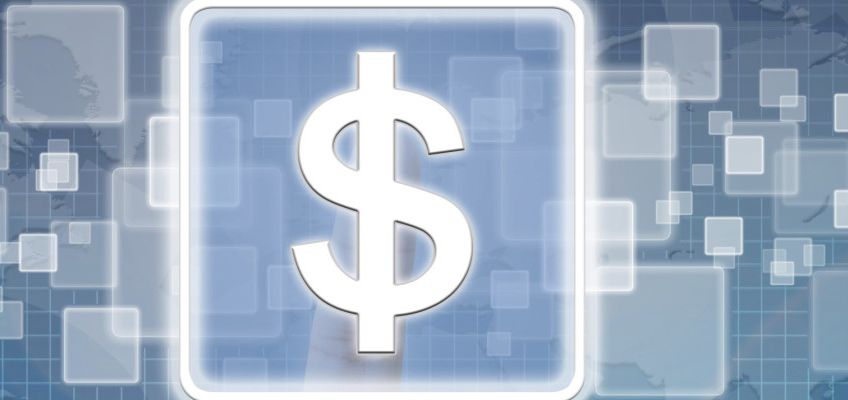The Three Biggest Myths About Tax Havens (Debunked!)
Tax havens. The very words conjure up images of shady deals, offshore accounts, and billionaires dodging their fair share. But the reality is often far more nuanced than the popular perception. A lot of misinformation circulates, leading to widespread misunderstandings. Let’s debunk some of the most common myths about tax havens.
Myth #1: Tax Havens are Only Used by Criminals and the Super-Rich
This is perhaps the most pervasive and damaging myth. While it’s true that some individuals and entities use tax havens for illicit activities, the vast majority of users are legitimate businesses and individuals seeking to optimize their tax liabilities within the bounds of the law. Many multinational corporations, for example, use tax havens to manage their global operations and investments more efficiently. Small businesses and even individuals with international investments might also utilize these jurisdictions for legitimate financial planning. To paint everyone who uses a tax haven as a criminal is simply inaccurate.
Myth #2: Tax Havens are Completely Opaque and Unregulated
The image of a tax haven as a lawless Wild West where anything goes is another common misconception. While some jurisdictions may have historically had lax regulations, international pressure and increased scrutiny have led to significant changes. Many tax havens have adopted stricter transparency standards and are actively cooperating with international efforts to combat tax evasion. Organizations like the OECD (Organisation for Economic Co-operation and Development) are pushing for greater information exchange and compliance. While challenges remain, the idea that tax havens are completely unregulated is simply outdated.
Myth #3: Using a Tax Haven is Always Illegal
This is a crucial point. Tax avoidance, which involves legally minimizing your tax burden, is perfectly legal. Tax evasion, which involves illegally concealing income or assets to avoid paying taxes, is not. Using a tax haven to legally reduce your tax liability is not inherently illegal. The legality depends entirely on how it’s done and whether all applicable laws and regulations are followed. It’s essential to seek professional advice to ensure compliance and avoid crossing the line into illegal activity. Understanding the difference between tax avoidance and tax evasion is key to understanding the truth behind the myths about tax havens.
While tax havens can be misused, they are not inherently evil or exclusively used for illegal purposes. By understanding the reality behind these myths about tax havens, we can have a more informed and productive conversation about international finance and taxation.
******
If you wish to register a company in Tax Havens our team will be happy to help you there and provide you with more detailed information, you can contact us at [email protected]

Myths about tax havens
Related page:

